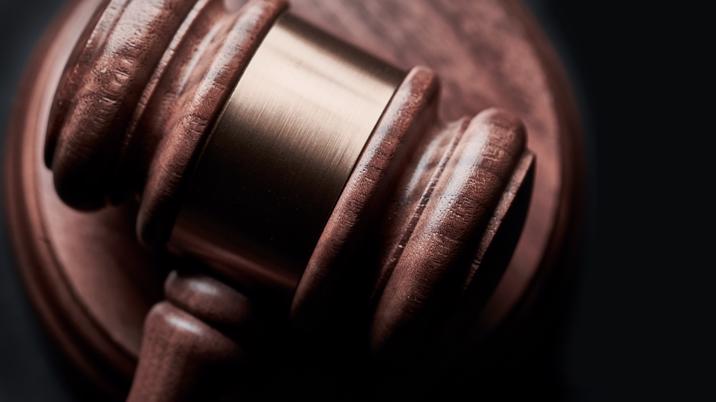
Writing to the Lord Chief Justice, the Society outlined the concerns of its members that, due to ongoing space restrictions and social distancing concerns, large sections of the press had found themselves unable to access hearings because there was not room for them in the courtroom and remote access was frequently not being provided.
Using the example of an originally-scheduled case management hearing in the case of the Duchess of Sussex v Associated newspapers on Thursday 29 October, the Society said that a significant number of national titles had been told they could not attend the hearing even though many had attended every hearing so far. As the Society understood it, titles that had been refused access included The Sun, The Times, the Telegraph, the Express, the Mirror and the London Evening Standard. Due to an application by the Duchess of Sussex to adjourn the trial originally scheduled for January 2021, the case management hearing did not, in the end, go ahead as planned and the adjournment hearing which took place instead did see remote access provided.
Writing to the Lord Chief Justice, Ian Murray, Executive Director of the SoE said that the issues which arose in the Sussex case were evident elsewhere and, alongside problems with space allocation in courts, there was an ongoing frustration with inconsistencies in providing remote access.
He said: “While both the Society and our members appreciate the significant efforts of court staff during this period and the challenges caused by the ongoing Covid pandemic and social distancing, we were disappointed on this occasion to hear that the Judicial Office had decided not to provide remote access to those that could not physically be present in the courtroom. As we are aware, no reason was given for why this could not be facilitated. In addition, significant levels of interest could perhaps have been anticipated in this hearing given the high profile nature of the case.”
Journalists were facing problems observing hearings elsewhere, Murray said, and it was important that enhanced access was provided to the press.
He added: “As I am sure you can appreciate, our members have expressed significant frustration about the lack of provisions that are, on occasion, being made available to facilitate press access during this time. Alongside this, there is concern that similar issues are been witnessed elsewhere and that space allocation and inconsistencies in providing remote access are an ongoing problem. While mundane to some, hearings like the one originally scheduled to take place in the Sussex case are of great interest to the media – preliminary hearings provide background and, as such, the media does expect to attend.”
Due to the issues that had arisen in the Sussex case, there were concerns that had the original trial taken place in January 2021, space restrictions could have seen large sections of the press locked out of the trial, Murray added.
He said: “In light of the problems that had arisen, our members had legitimate concerns that due to the level of interest in the Sussex case and the ongoing restrictions, numerous titles could have seen themselves locked out of the originally scheduled trial in January 2021. Of course, this will now take place in the Autumn of 2021 and it is hoped that some level or normality will have returned to the court room by then. That said, similar issues may arise in respect of other cases during this period.”
In conclusion, Murray said that open justice was an importance facet of the justice system and the presence of not only the public but also the press in court hearings – not just high profile and controversial ones – was important.
He added: “While we appreciate the difficulties that the Covid situation is presenting to the courts and judiciary, it is important that press access to hearings is maintained during this period. Where space restrictions do prevent the press from attending hearings in person, it would be helpful for remote access to be provided. On the occasions where it cannot be, it would be helpful, to aid our understanding, to know why it cannot be facilitated.”












